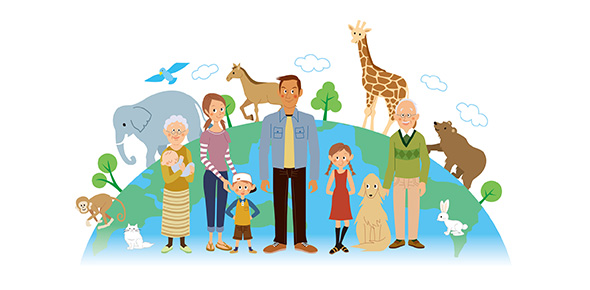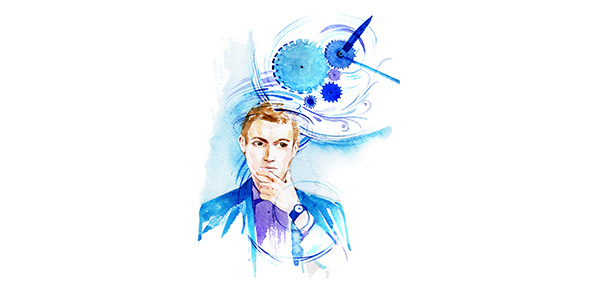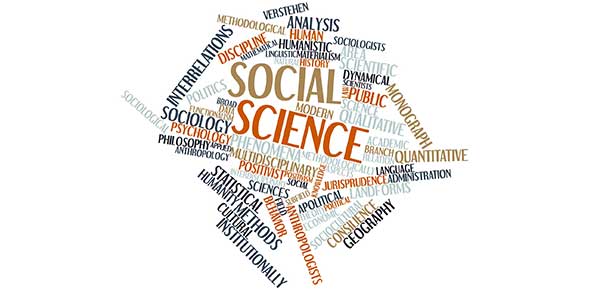Related Flashcards
Related Topics
Cards In This Set
| Front | Back |
|
Power
|
Ability to impose will on others, make them do things they dont want to
|
|
Uncentralized political organizations
|
Found in egaltarian societies, no fixed government, marriage kinship ties political methods of social organization, important decisions usually reached by consensus, flexibility, freedom
|
|
Band
|
Relatively small, egaltarian, loosely organized kin-ordered groups that inhabit a common territory, food-foraging, mobile, likely oldest form of political organization, conflicts settled through consensus via gossip, mediation, or negotiation, individuals who break social norms held accountably by public opinion
|
|
Political Organization
|
How societies accumulate, arrange, execute, distribute power; create/maintain social order
|
|
Centralized Political Organizations
|
Political authority and power are concentrated in either 1) a single individual (chief) or 2) the body of individuals (state)
|
|
Tribe
|
Wide range of kin-ordered groups; politically integrated by a unifying factor, members share a common ancestry, identity, culture, language, territory
|
|
Political Anthropologist
|
Study political organizations; the roles/processes for making decisions, mobilizing action, choosing leaders, settling disputes, enforcing social norms
|
|
Chiefdom
|
Regionally, politically organized society in which 2 or more local groups are organized under one ruler. THE CHIEF
|
|
State
|
Political institution established to manage and defend a complex, socially stratified society occupying a defined territory
|
|
Nation
|
A people who share a collective identity based on a common culture, language, territorial base, history
|
|
Pluralistic Society
|
In which two or more ethnic groups or nationalities are politically organized into one territorial state but still maintain their cultural differences
|
|
Legitimacy
|
The right of leaders to govern (to hold, use, and allocate power)
|
|
Politics and religion
|
Religion frequently legitimizes political order/leadership, both in the past and in the present
|
|
Cultural Control
|
Self-control through beliefs/values deeply internalized in the minds of society members. relies on deterrents such as gossip, criticism, fear of supernatural punishment, etc.
|
|
Social Control
|
External control through open coercion
|







